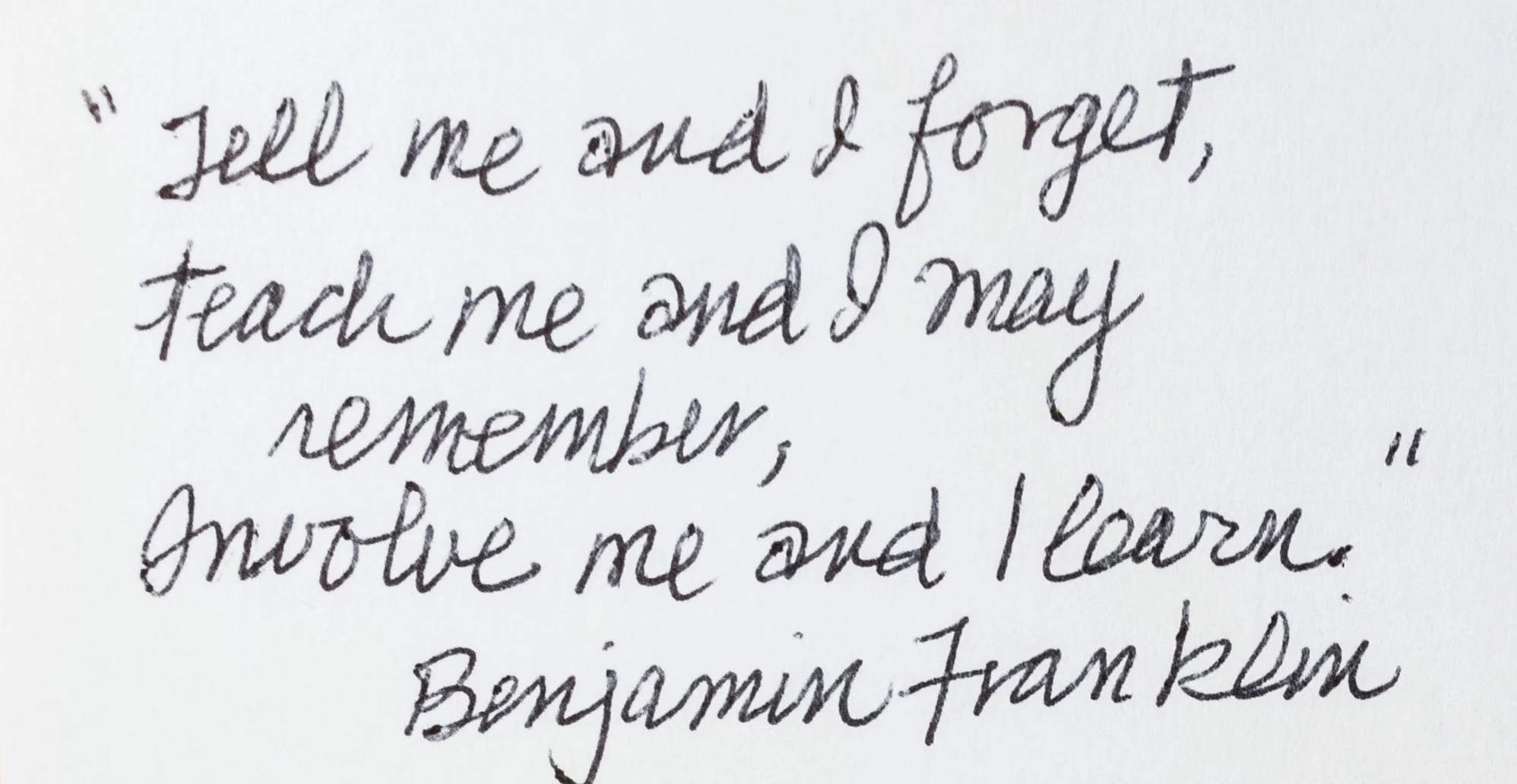BACH: HANDWRITING MUSICAL SCORES
It is well known that Johann Sebastian Bach as a composer was mainly self-taught , as was emphasized by his son Carl Philipp Emanuel in his obituary. Sebastian was, of course, a member of the large music clan of the Bachs, where he observed music practices throughout his early childhood, and surely he got some basic musical instruction from his father. He also heard impressive organ performances given by his uncle Johann Christoph, his father's twin.
Because both of his brothers died when Sebastian was only 9 years old, he was placed in the care of his eldest brother's family. There is no record of anyone giving him training in composition. However, during the next 8 years he became a very accomplished composer. He got his insight into composition through his painstaking copying of scores written by other composers. There is a famous story about his secret copying of a collection of pieces from his brother's bookcase - by moonlight. His habit of making handwritten copies of other music he kept till his adult age, later even making his own arrangements for some of those he had copied. (e. g. some violin concertos by Vivaldi he arranged for organ etc.)
Handwriting was for him that effective practice which gave him understanding in how some music is made. This he demonstrated in his own compositions, which soon became more challenging than his models.
It is interesting to me that probably none of the big army of music copyists became a great composer. Probably the difference was in focus - Bach made copies to master the music, the copyists made it for the money. They were more interested in numbers of pages or measures, than in the handwritten music.
Jarek Štástný
Composer and Professor of Composition
Janacek Music Academy
Brno, Czech Republic








